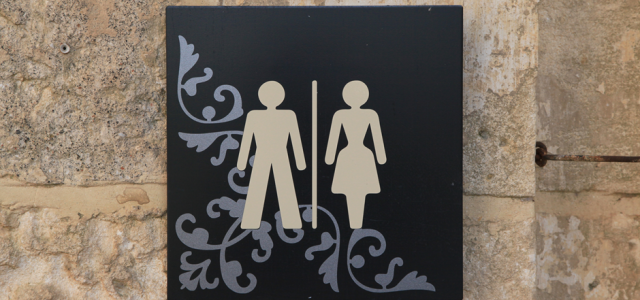Jenny Hansson (Birkbeck College, University of London)
Women in today’s western society are still less successful than men in reaching its most influential, elite positions. For example, only three percent of the largest listed companies in Europe have a female CEO (Chief Executive Office), and only 18 percent of their board members are women. In politics, only 25 percent of the national (single or lower house) parliamentarians of the European OCSE countries are female. Moreover, few top international organizations are headed by women.
While there is a lot of valuable, cross-country as well as case oriented research on the question of why women are less successful than men in reaching these powerful positions, there is still little research on what happens to those women who have in fact reached the most influential positions of society, and whether, and how, their situation differs from that of their male counterparts. This is particularly so in the case of political elites, for which hardly any current studies exist. Yet, researching this rather neglected topic is vital for two distinct reasons. Firstly, it can indirectly help answer why only a limited number of women are found at the top. Secondly, and perhaps even more importantly, it adds to our understanding of a group of individuals in elite positions that often make far-reaching decisions that affect our society. This is particularly so in the case of political elites that have direct decision-making power over society, as this group acts to represent its citizens. Thus, taking a closer look at potential inequality patterns among these individuals is crucial also from broader equality and democracy standpoints.
In my doctoral thesis – “Gender Inequality among Political Elites in Comparative Perspective” – I have attempted to bridge this research gap, and investigated the work/life circumstances of women who are Members of the Swedish (single house) and German (lower house) national parliaments, and how these compare to the circumstances of their male counterparts.
To start with I introduced a novel and more precise empirical definition of Political Elites based on the ISCO classification, in which political elites comprise sub-group 1.1 of Major group 1. This classification follows the tradition of defining elites primarily by the labour market positions they occupy in society. Top positions in sectors such as politics, business, media and civil service are in this perspective typically considered to belong to elites. Following Dogan and Higley’s classification in their book Elites, Crises, and the Origins of Regimes, I defined elites conceptually as ‘persons occupying senior-decision making positions in powerful national and international institutions’. The political elite, encompassing National Parliamentarians, was further identified as the group in society who ‘are able to affect national political outcomes regularly’. The practice of defining elites by their labour market position is common in contemporary social science research, but stands in opposition to the economist tradition where the elite definition is focused on income or capital, as in the work of Thomas Piketty.
Further, I studied gender inequality by surveying the entire female and male populations of the Swedish and German Members of Parliament. This goes beyond the mainly qualitative, small-N, character of the limited research on the work/life balance of the Members of Parliament that pre-dated my thesis. In addition to gender, my research also offers a comparative study of the data across the country dimension, Sweden versus Germany.
The survey questionnaire included both factual questions around domestic life circumstances and time allocation between work and home (e.g. civil partnership status, housework hours) but, also, subjective questions (e.g. career possibilities, influence opportunities, well-being) to gauge the parliamentarians’ own perception of their work/life circumstances. This line of surveying is opposed to focusing on purely economic criteria of inequality, such as income or capital.
After statistical analysis of the factual survey data, significant gender differences in the sphere of domestic life and family household were identified in the case of the national parliamentarians of Germany, and to a lesser extent Sweden. The German women parliamentarians were significantly less often married/cohabiting and less likely to have children living at home than their male colleagues. Moreover, the German women parliamentarians conducted significantly more housework (such as cooking, cleaning etcetera) in their households than their male colleagues. Further, the husbands/partners of the female parliamentarians of both Sweden and Germany worked substantially longer hours than the wives/partners of the male parliamentarians, indicating that the male parliamentarians had a partner who was more present at home. Also, the wives/partners of the male parliamentarians of both countries spent more hours in housework than the husbands/partners of their female colleagues. Therefore the male parliamentarians were in an advantageous position in comparison to their female colleagues to concentrate and focus solely on their political career.
However, when analysing responses to the subjective questions around self-assessed ‘career possibilities’, ‘influence opportunities’ and ‘well-being’, the national parliamentarians of both countries showed patterns of ‘gender equality’; no statistically significant differences were found between the men and women parliamentarians across these subjective dimensions.
Jenny Hansson is a Marie Curie Research Fellow at Birkbeck College, University of London, Department of Politics. The article is drawn from her doctoral thesis “Gender Inequality among Political Elites in Comparative Perspective”, defended at the Department of Political and Social Sciences at the European University Institute (Florence, Italy), Autumn 2013. Her current research project focuses on gender and work/life balance in the British House of Commons.
